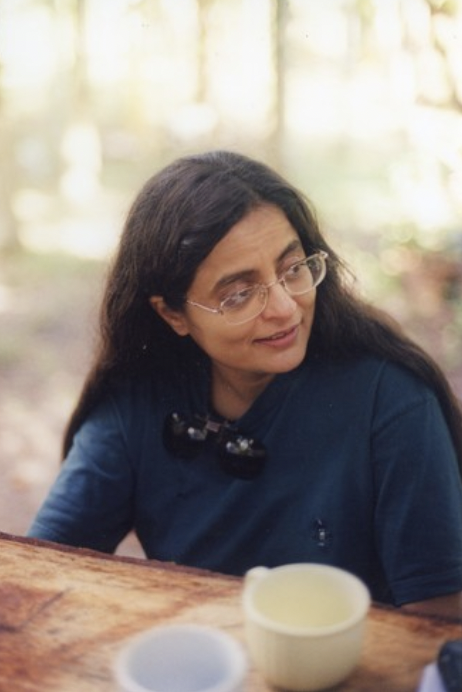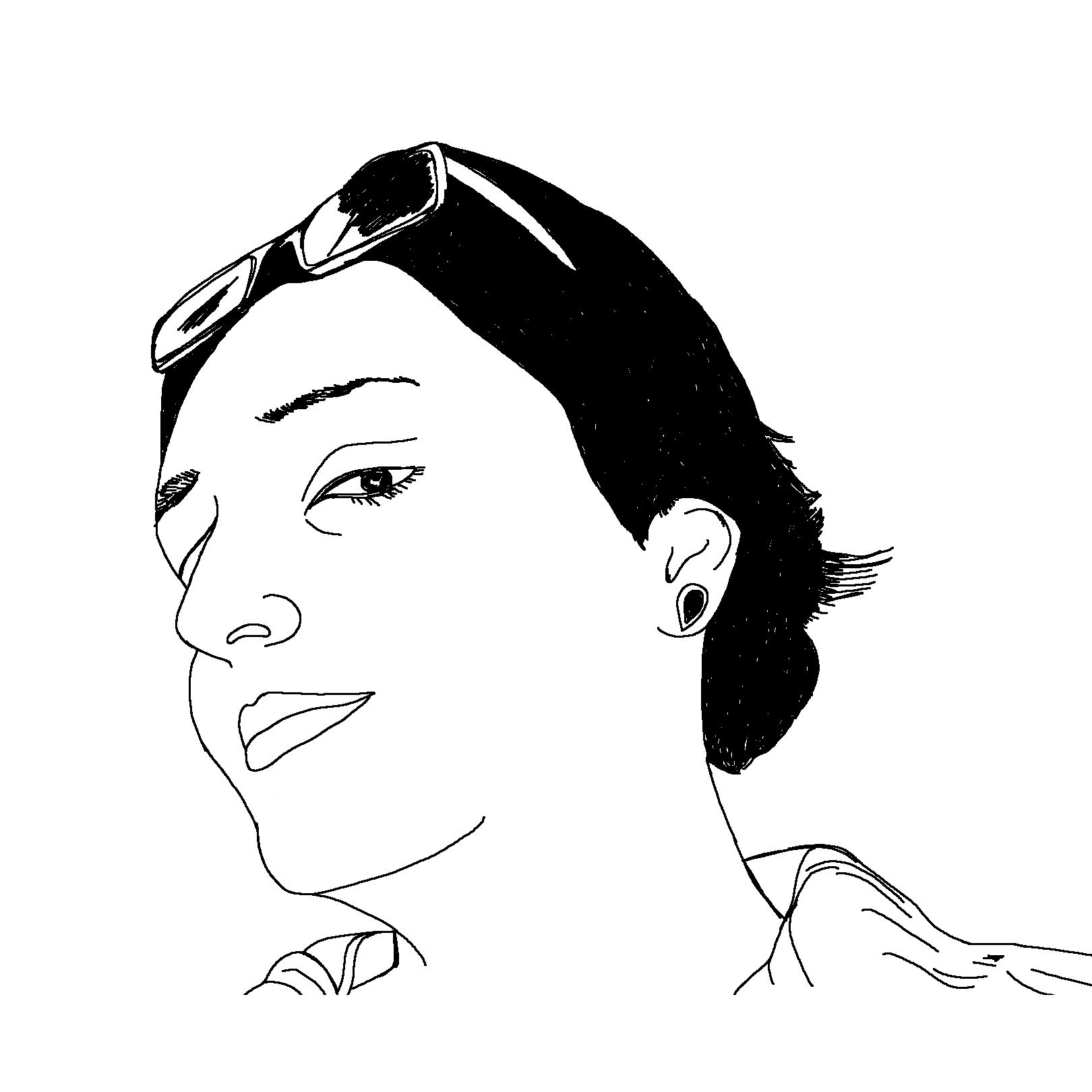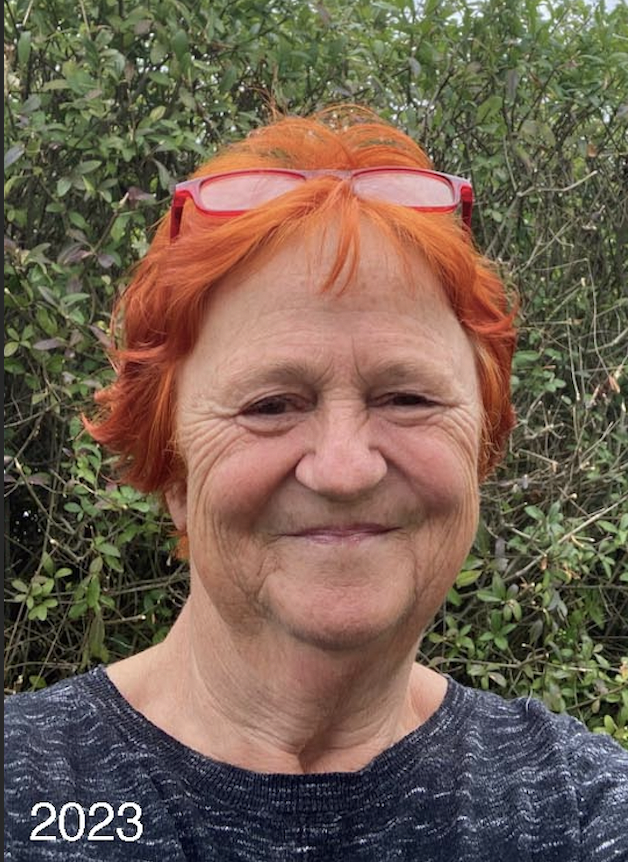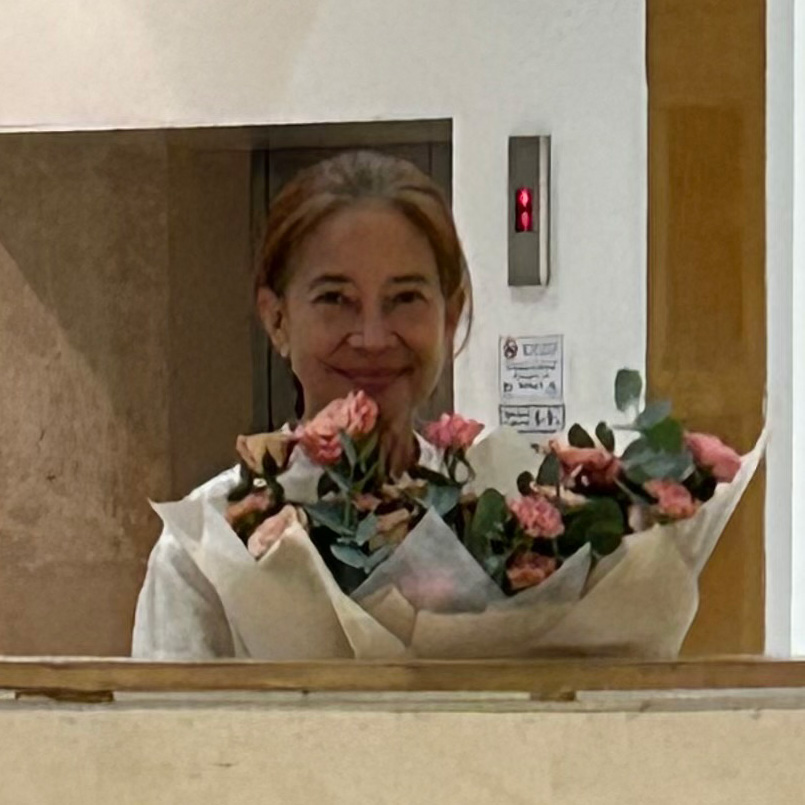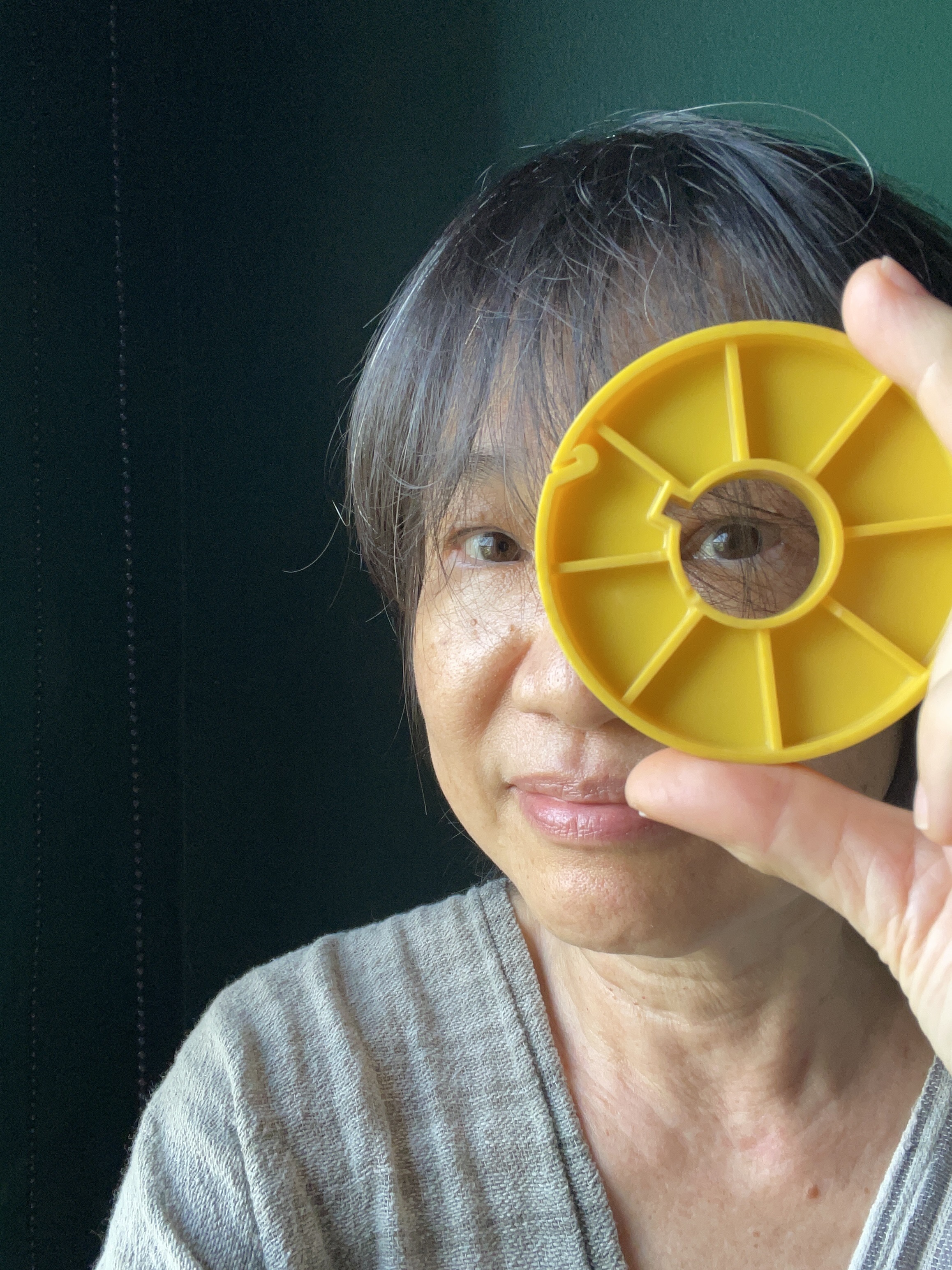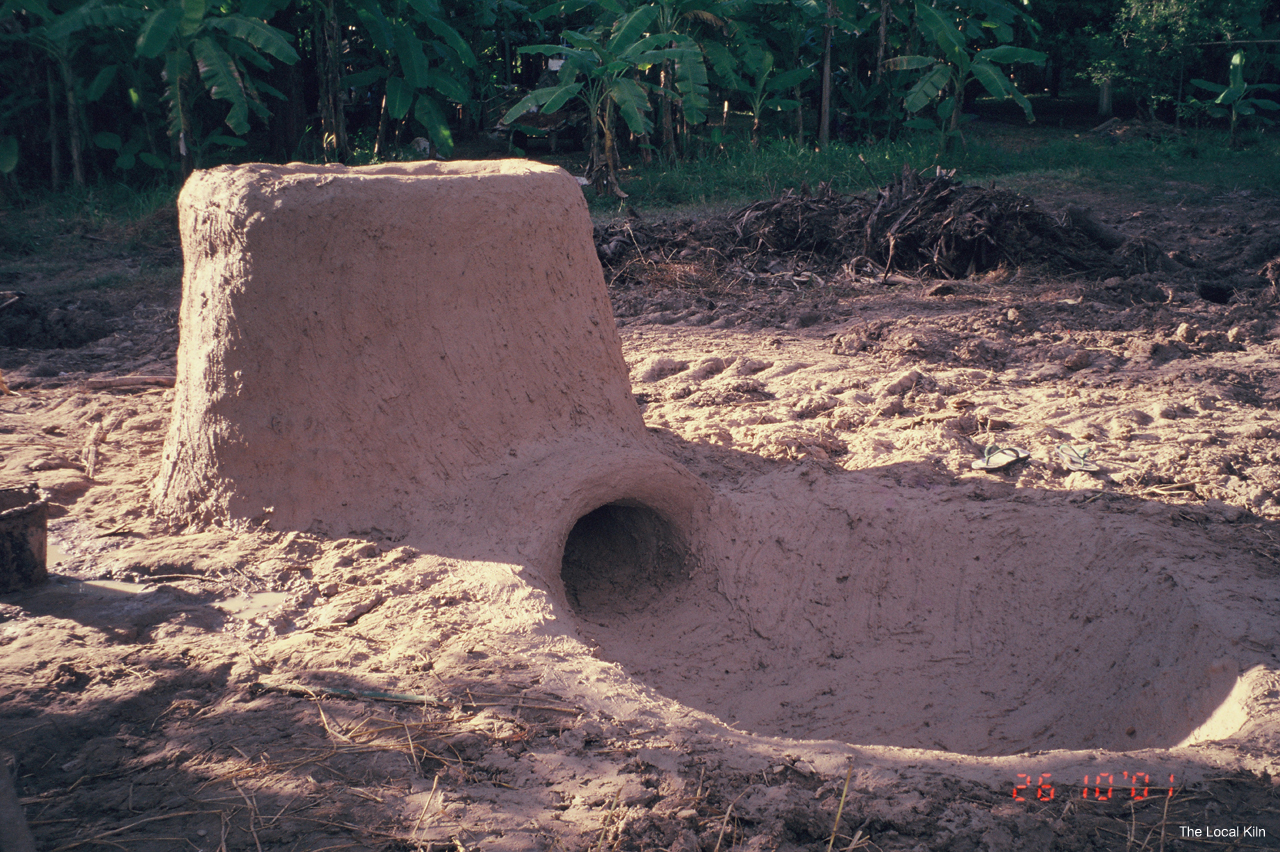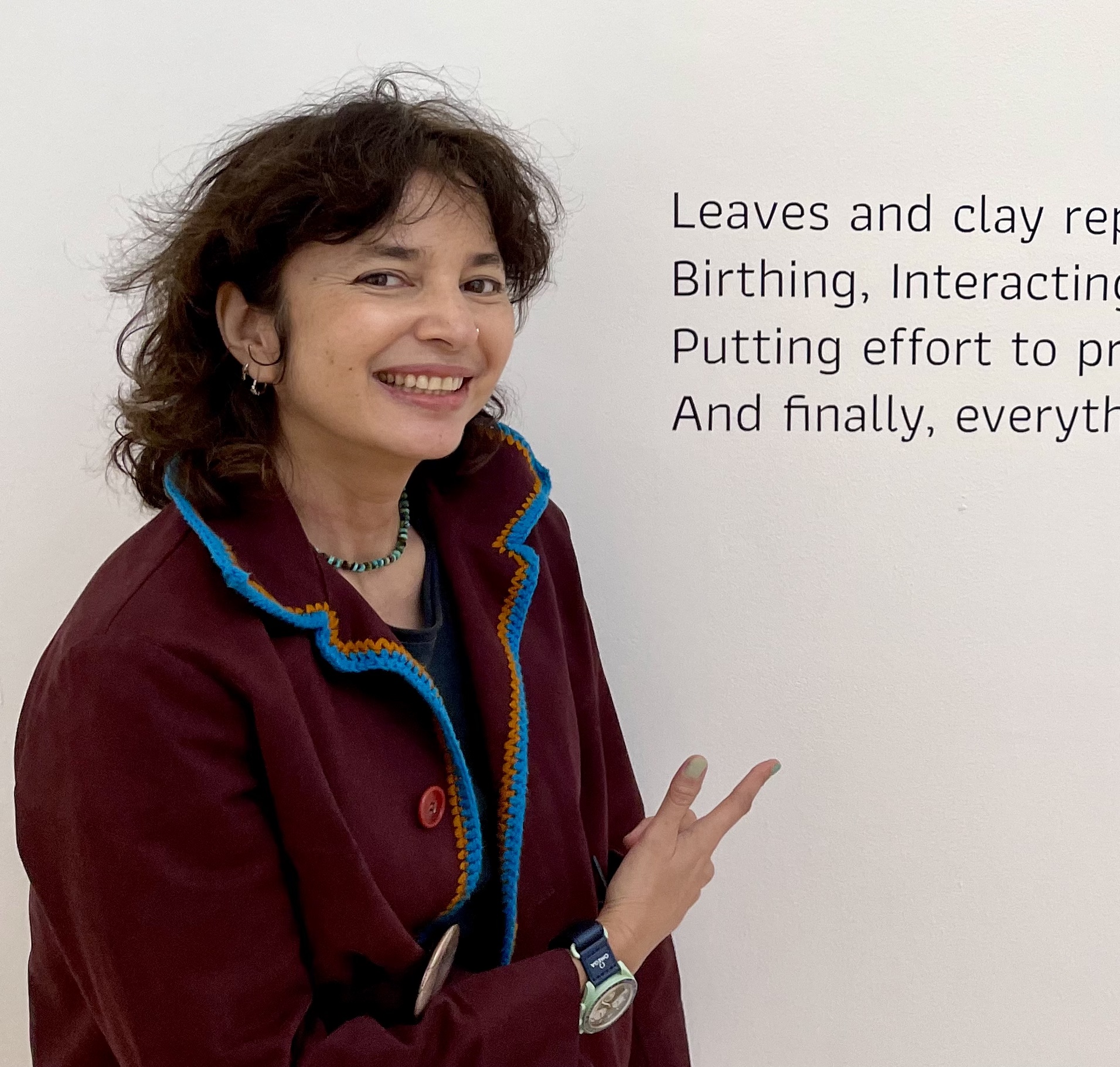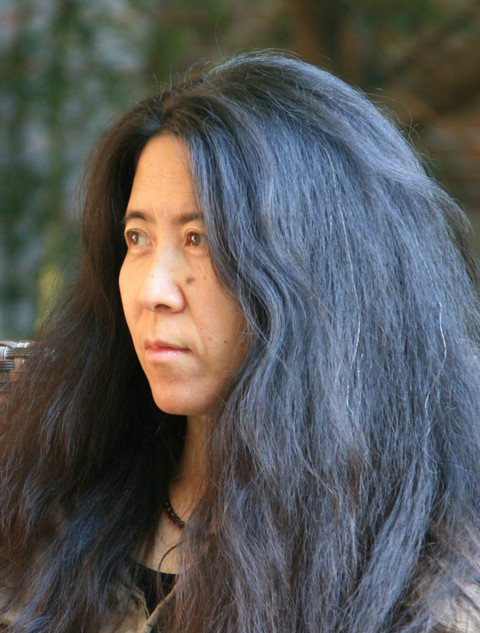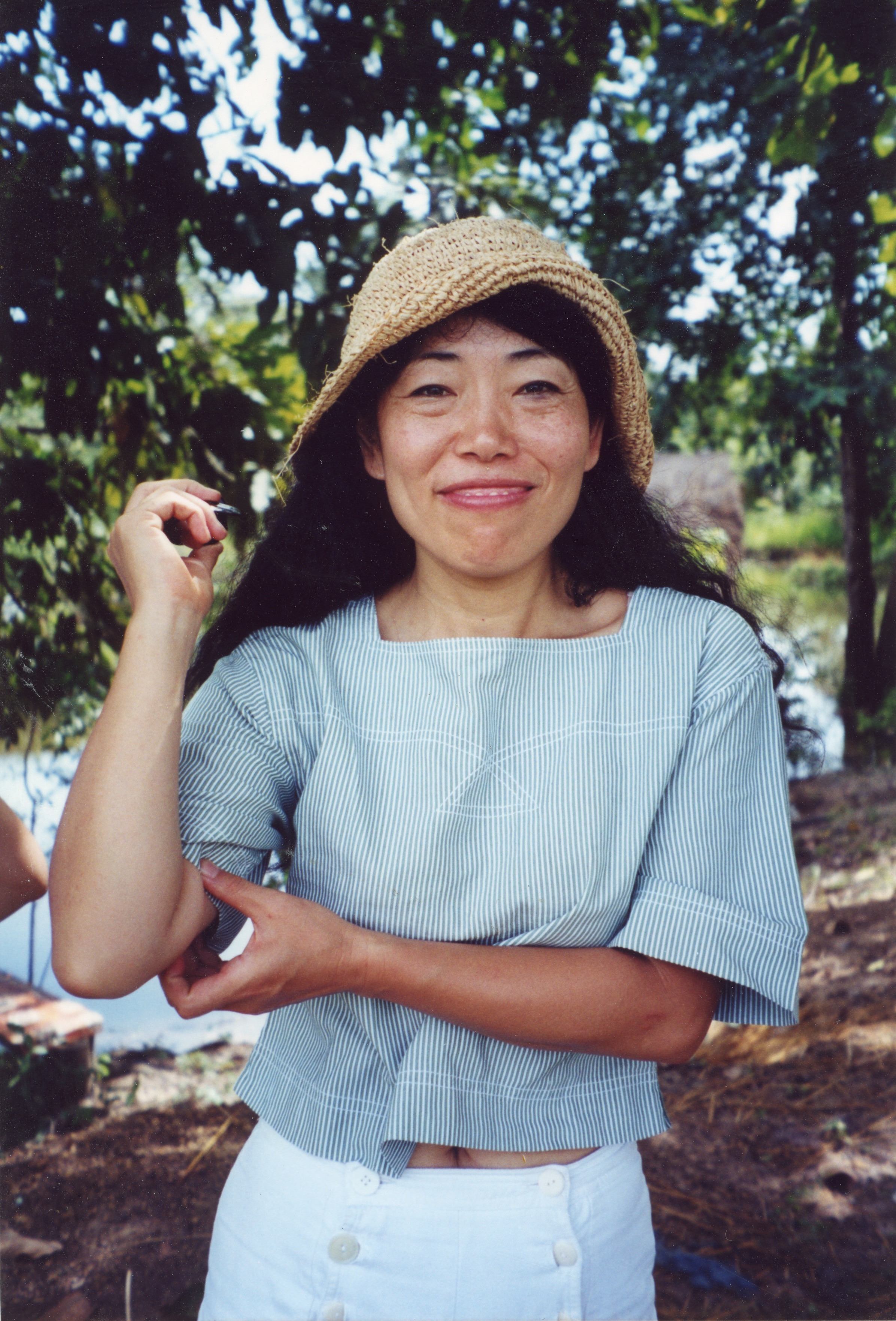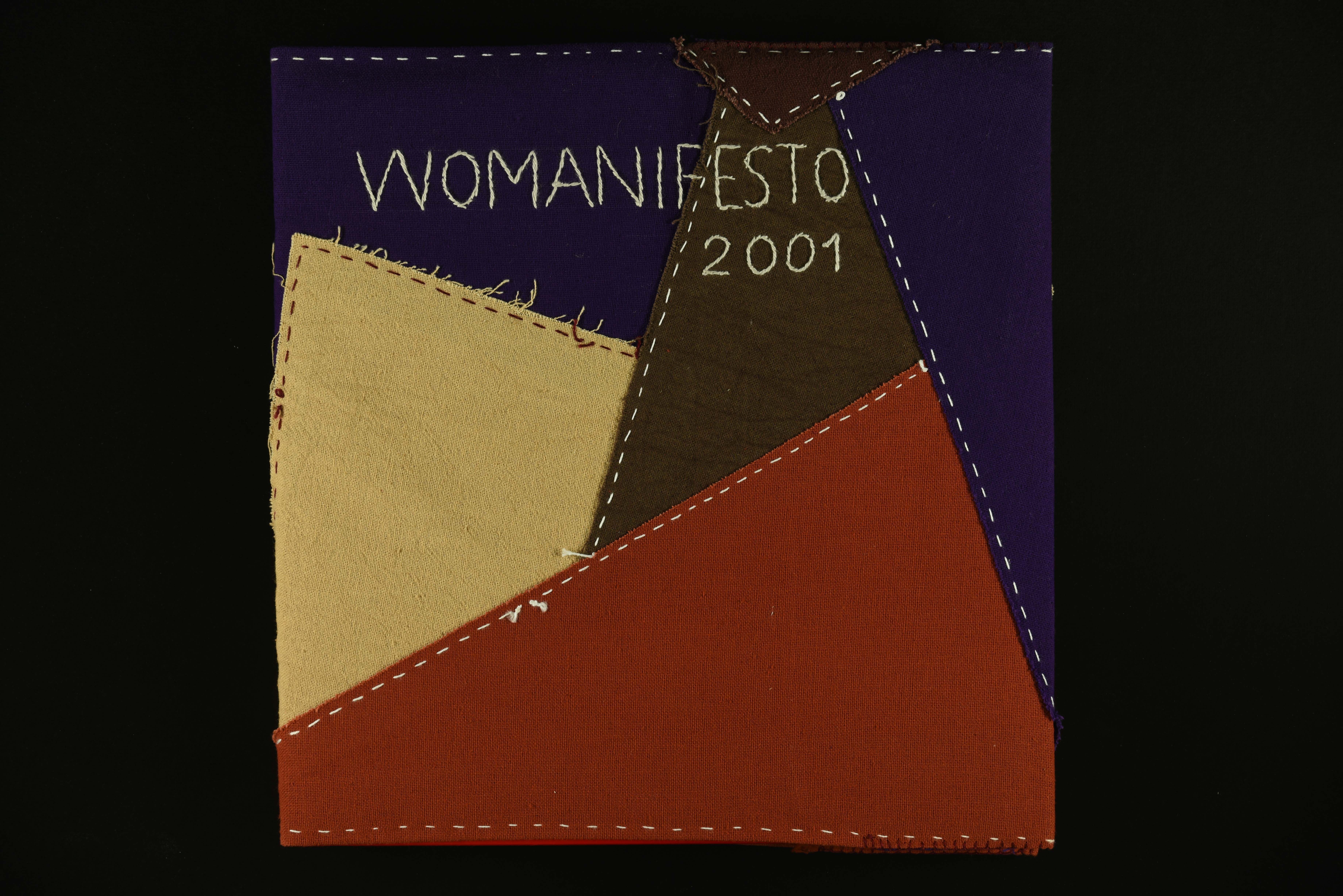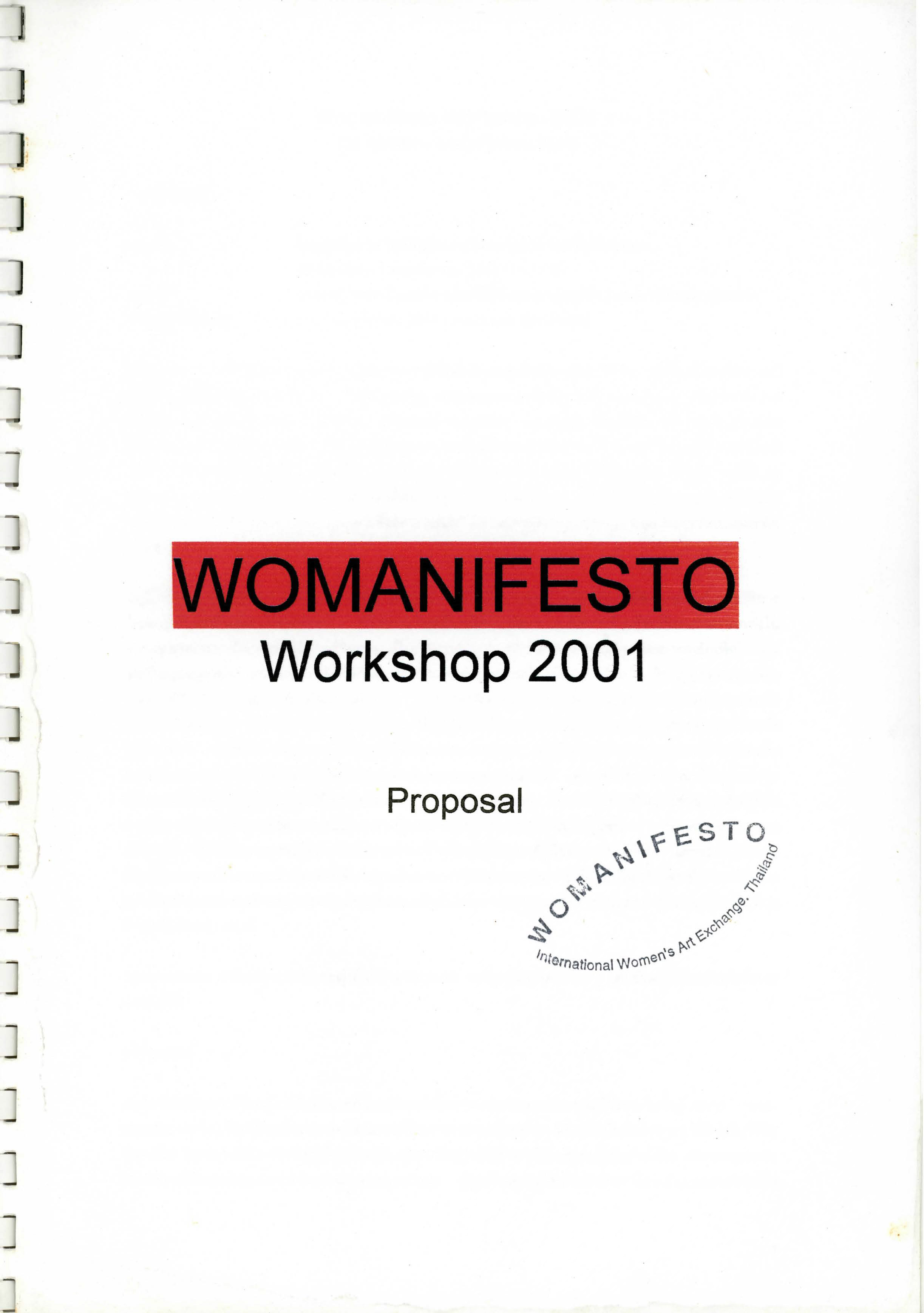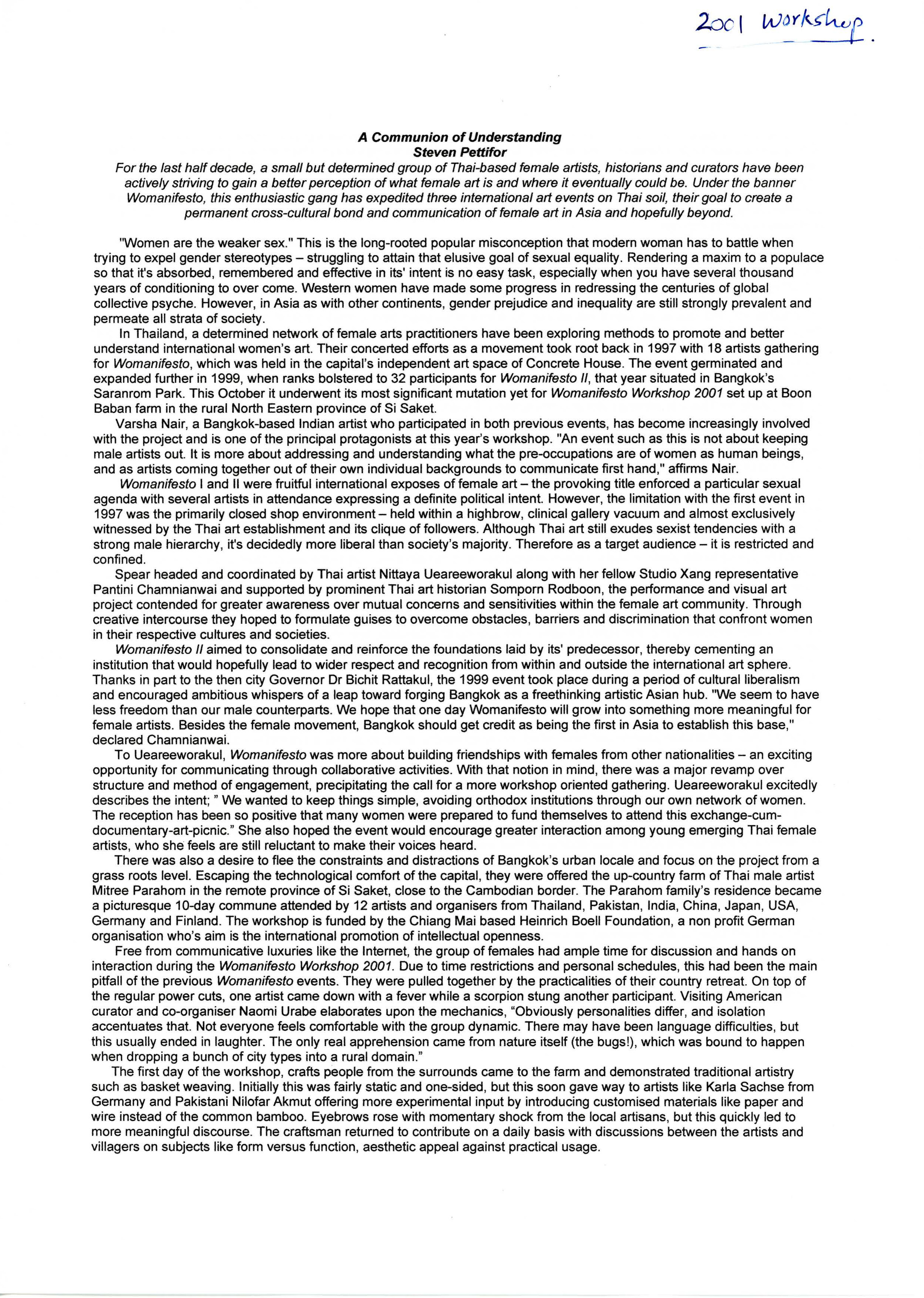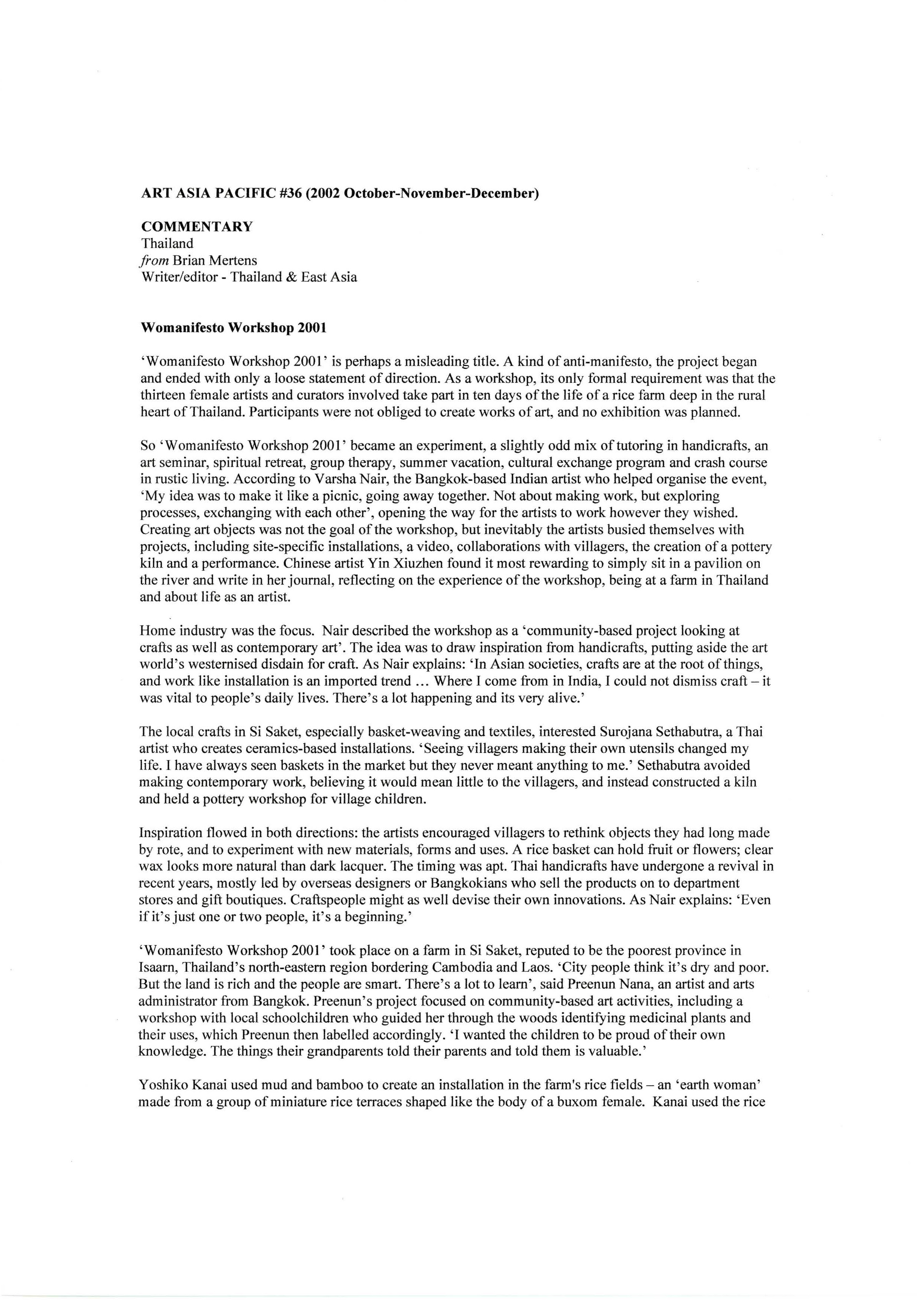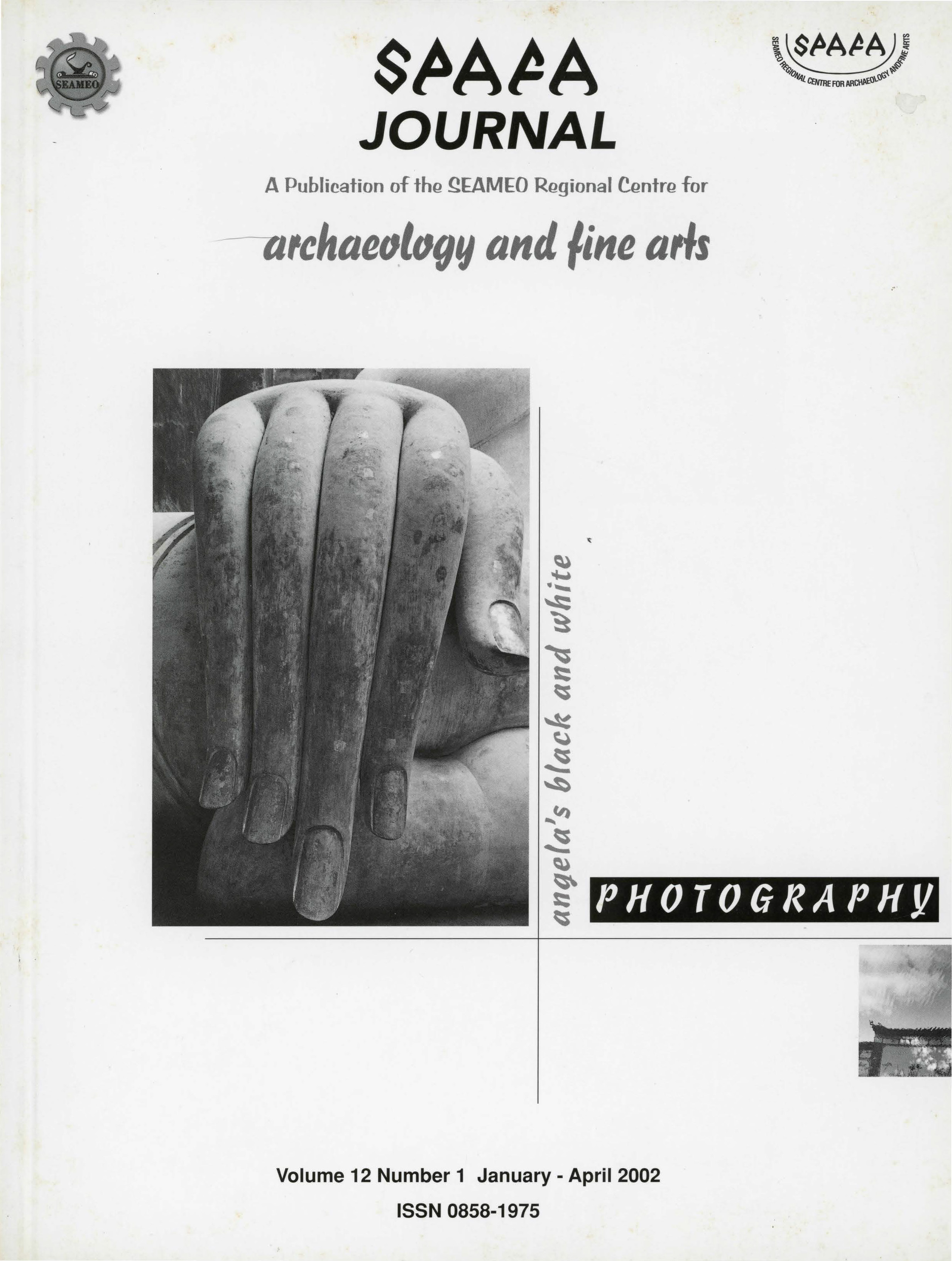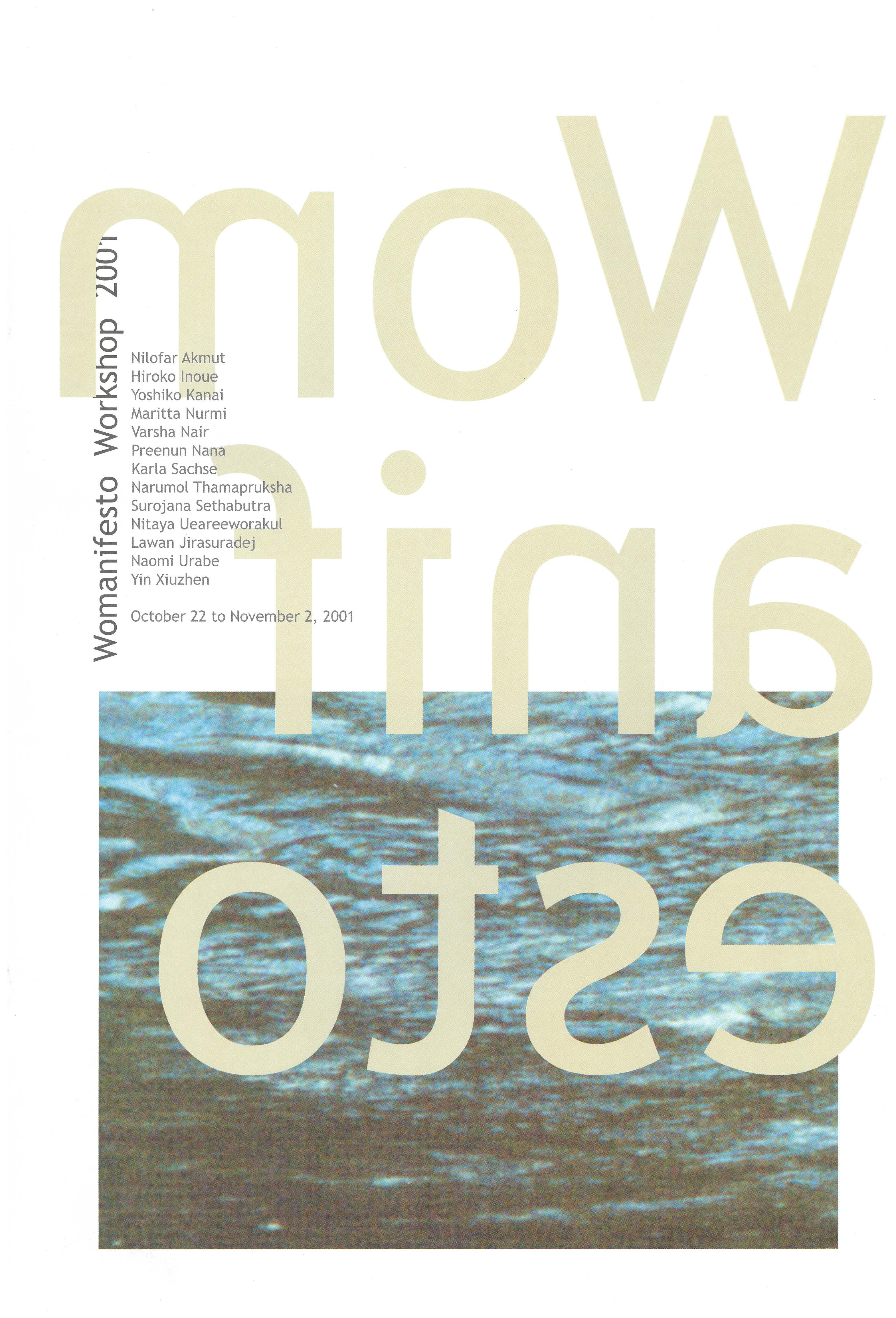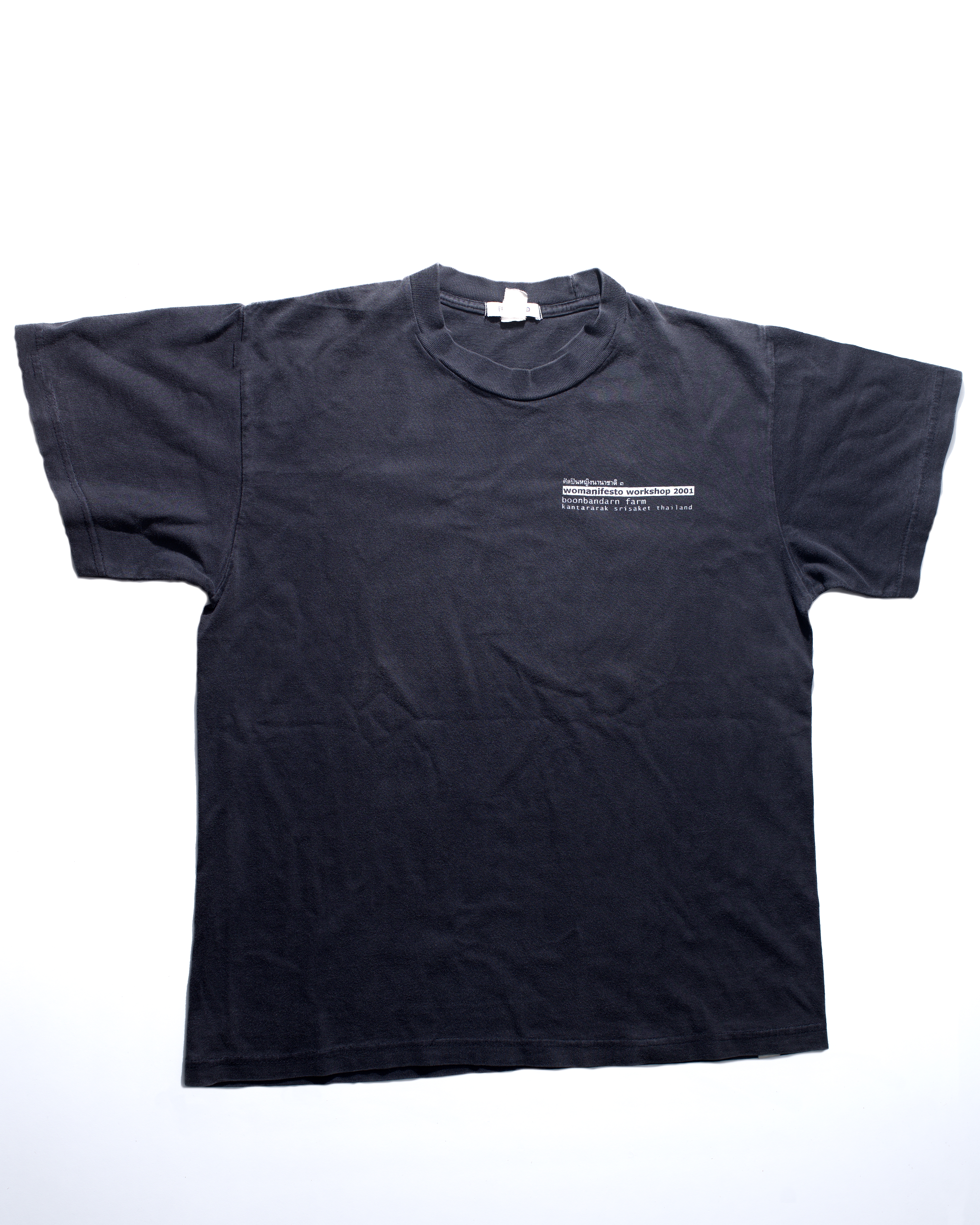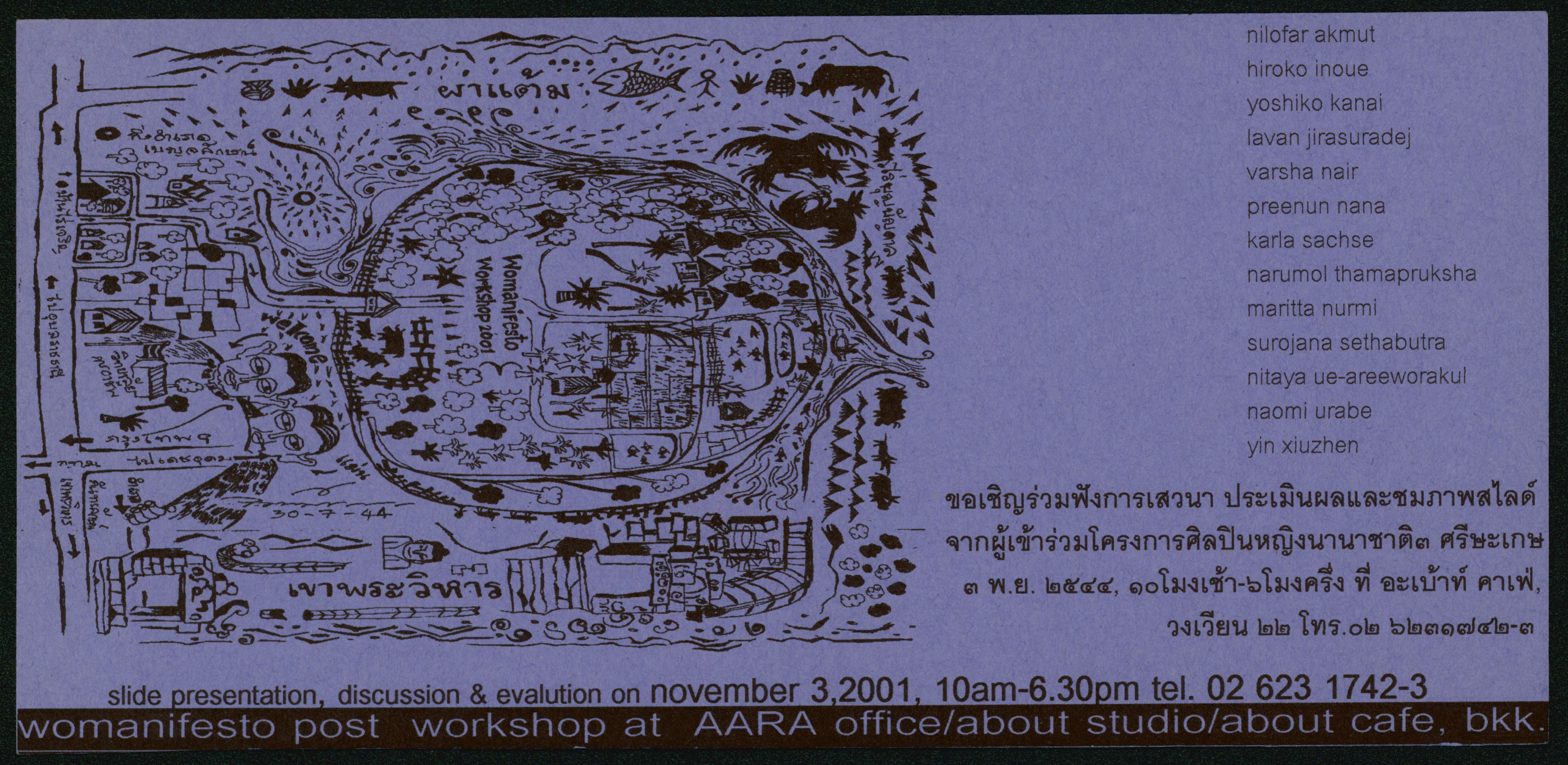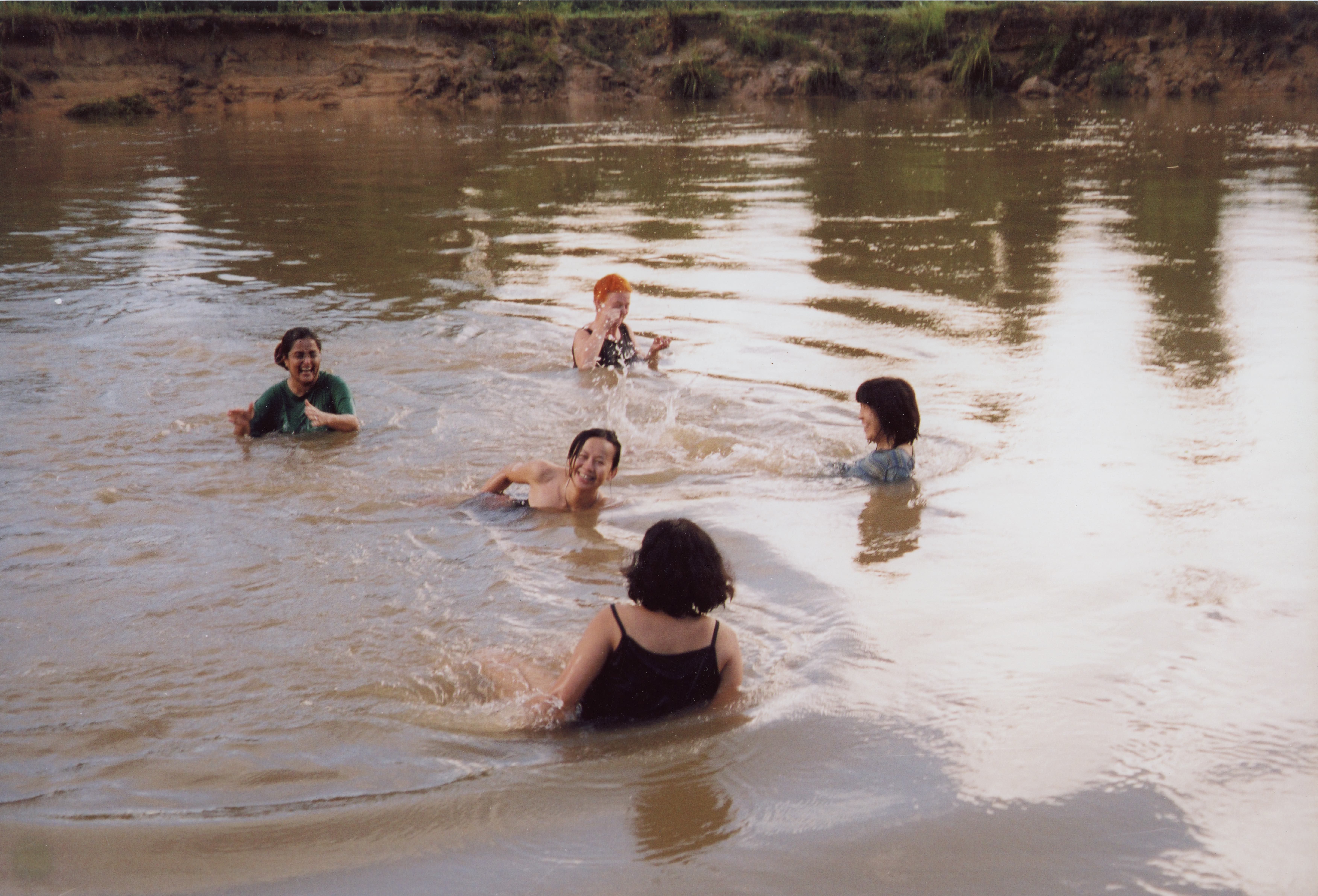
Womanifesto Workshop 2001 was held at Boon Bandarn Farm near Kantharalak, Si Saket Held from October 22 to November 2, 2001. It brought together an international group of 18 professional women artists, curators and art administrators, including five student volunteers studying cultural management. The participants were invited to interact and exchange not only with each other but also with the local community and schools. The workshop culminated in an open day attended by the schools and local community.
Artists: Nilofar Akmut, Hiroko Inoue, Yoshiko Kanai, Maritta Nurmi, Varsha Nair, Preenun Nana, Karla Sachse, Narumol Thamapruksha, Surojana Sethabutra, Nitaya Ueareeworakul, Lawan Jirasuradej, Naomi Urabe, Yin Xiuzhen,
Curators/Organizers: Preenun Nana, Nitaya Ueareeworakul, Naomi Urabe, Varsha Nair,
Volunteers: Duangnapa Silapasai, Vipapat Wadkeaw, Sirinapa Sirinakorn, Nataya Masawisut, Jiratti Khuttanam
This project was fully funded by the Chiang Mai office of the Heinrich Boell Foundation.
About Womanifesto Workshop
From Womanifesto.com 'Womanifesto Workshop' 2001
In our contemporary environment, the gaze is focused on urbanisation and city centres. Traditional methods of production and rural knowledge of living are frequently overlooked and quickly forgotten.
Focusing particularly on the position of women, and the wealth of stored knowledge that has been handed down from generation to generation and shared amongst men, women and children in rural areas, the emphasis at Womanifesto 2001 was on exploring local materials, engaging with artisans, sharing experiences and a traditional way of life. The participants were not required to produce “work” in the ten days although some artists decided to create site-specific works on the farm.
Varsha Nair, 'Artists Retreat to the Countryside', SPAFA Journal, vol. 12, no. 1.
"Under the thatched roof of the central sala (a pavilion, usually within temple grounds), which was also the venue for post-dinner slide presentation and talks, a hive of activity ensued each morning with members of the local community arriving to hold individual 'workshops' demonstrating their own particular knowledge and skills.
We might refer to them in special terms, i.e. as "artisans" or "crafts people", but in effect, they simply carried out what was part of their everyday lives - making or mending basket, turning coconut shells into ladles and cups, weaving cloth and mats, etc.
All this is due to and in a way controlled by the seasons, because during planting and harvesting the staple rice, almost everyone in the community is fully engaged working in the fields, leaving them little time to devote to other activities." Read more...
Varsha Nair, 'Womanifesto: A Biennial Art Exchange in Thailand', Southeast of Now: Directions in Contemporary and Modern Art in Asia, vol. 3, no. 1, March 2019.
"Unlike the previous manifestations, which were held in Bangkok and exhibition-based, we started to establish platforms where not only artists, but also people from different disciplines and backgrounds, female and male, could join in. The decision to do so was to debunk the misconception that Womanifesto was simply about women addressing ‘women’s issues’, when it really was about this and broader universal matters that are relevant to all humans.
Furthermore, our aim was to bring all genders into conversation, conversations in this case initiated by women artists and raising topics they wanted people to address. There was no discrimination against non-binary people—artists and lay persons alike were welcomed, as well as individuals from the gay and trans community should they wish to take part.
The premise of Womanifesto Workshop 2001, which I envisioned as a ‘picnic’ that would also involve the local resident community members, and the residency held in 2008, followed the approach of offering a platform that was not about an end result but more about the process. It was also about encouraging experimentation, bringing people together and letting things develop.
Expanding the workshop idea, the aim was to provide a different kind of environment for artists to meet, converse and generate ideas for cooperation; it was a workshop in which they were not required to make their own ‘artwork’. This ten-day community gathering and activities were documented on video and resulted in a catalogue, with an informal ‘exhibition’ taking place on site on the last day.
The aim was to share ideas, explore local materials, engage with traditional skills and art forms, and consider its use in the present way of life in the area. The participants were also asked to focus on the position of women in this rural community and the wealth of stored knowledge that has been handed down from generation to generation.
In organising such a workshop for the first time, the pressure and challenges we faced were mainly logistical ones, but coming up with solutions that included building basic bamboo huts to accommodate the participants, cooking with local produce, identifying herbs and greens on the farm that could be picked and so on, brought all involved into a close relationship with each other and with the daily life of the farm.
A lively exchange was successfully generated and many of the participants ended up working collaboratively. Children’s workshops led by the artists were also set up, involving story-telling, sharing knowledge about local plants, pottery and video-making, thus bringing the younger generation from schools and villages around the farm into conversation. An open-day celebration took place on the last day of the workshop and was attended by many, including people from surrounding villages." Read more...
Images from Womanifesto Workshop



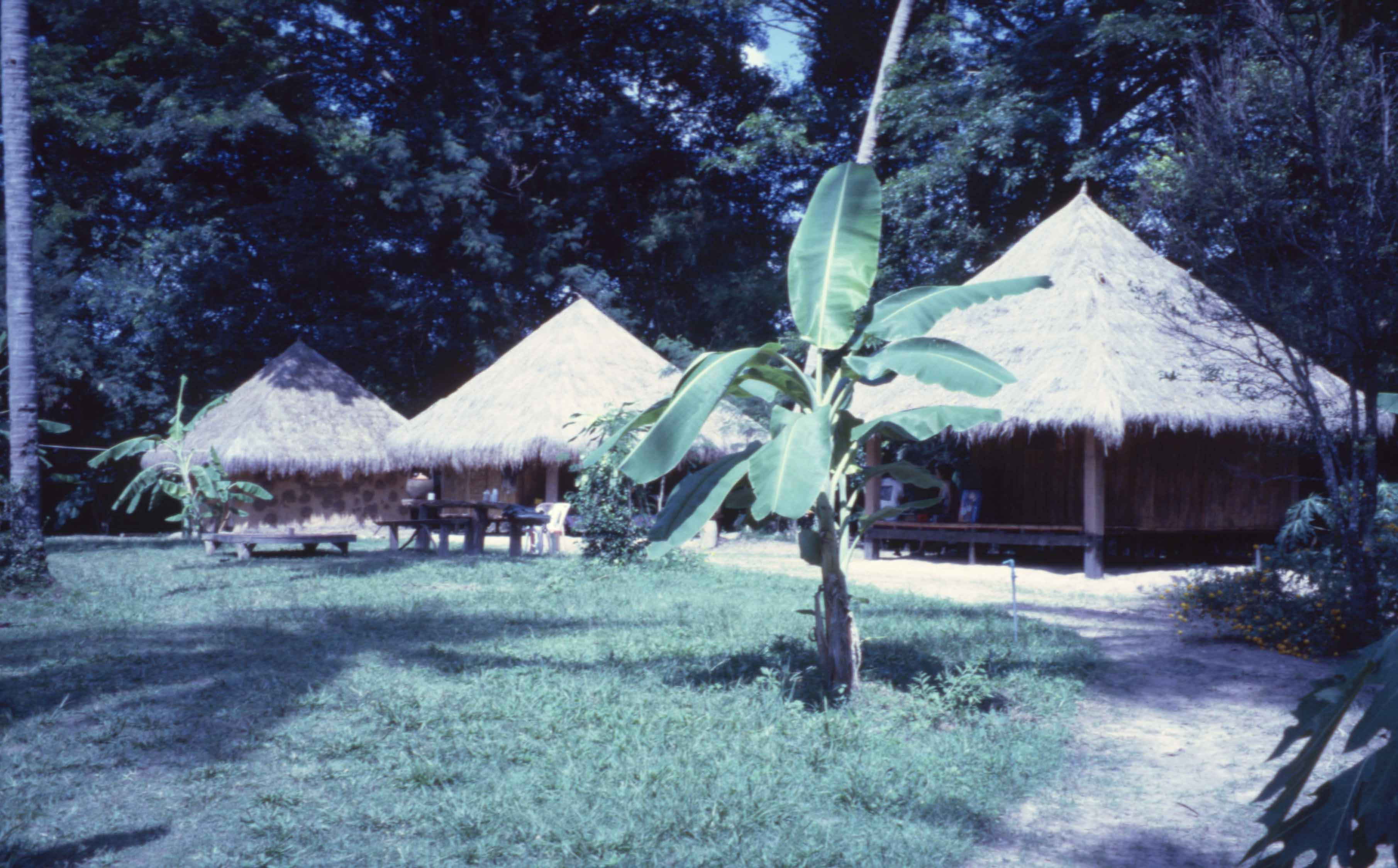
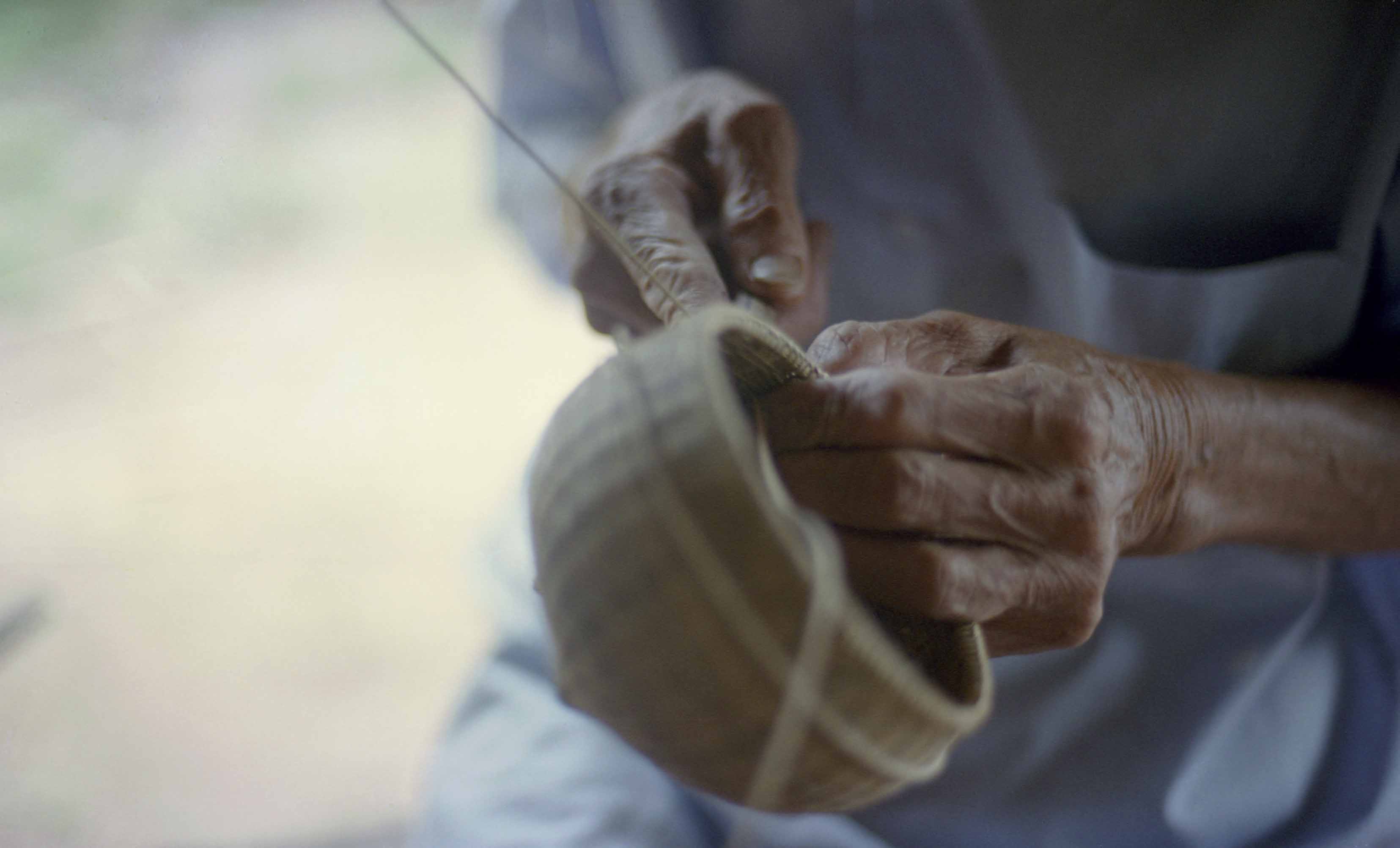

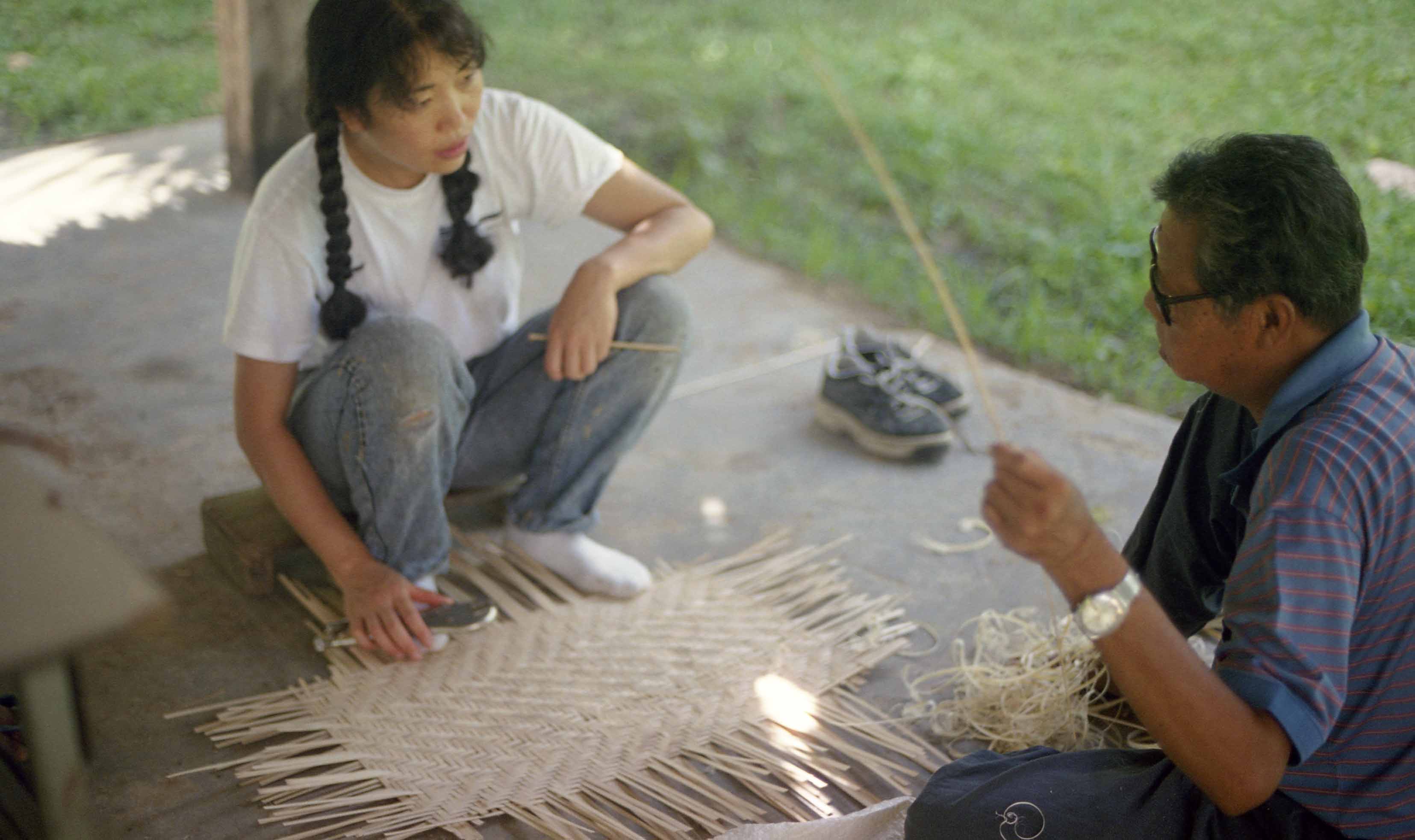
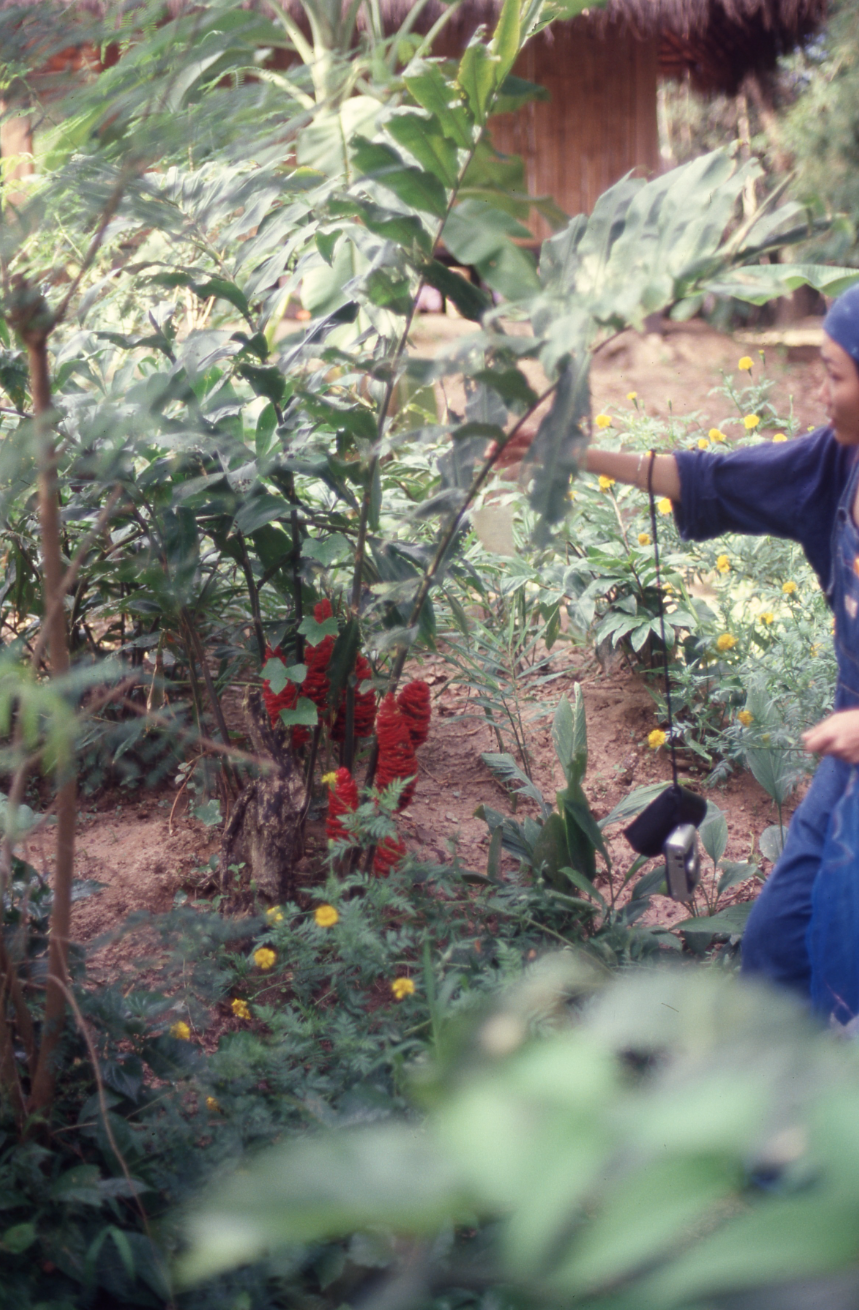
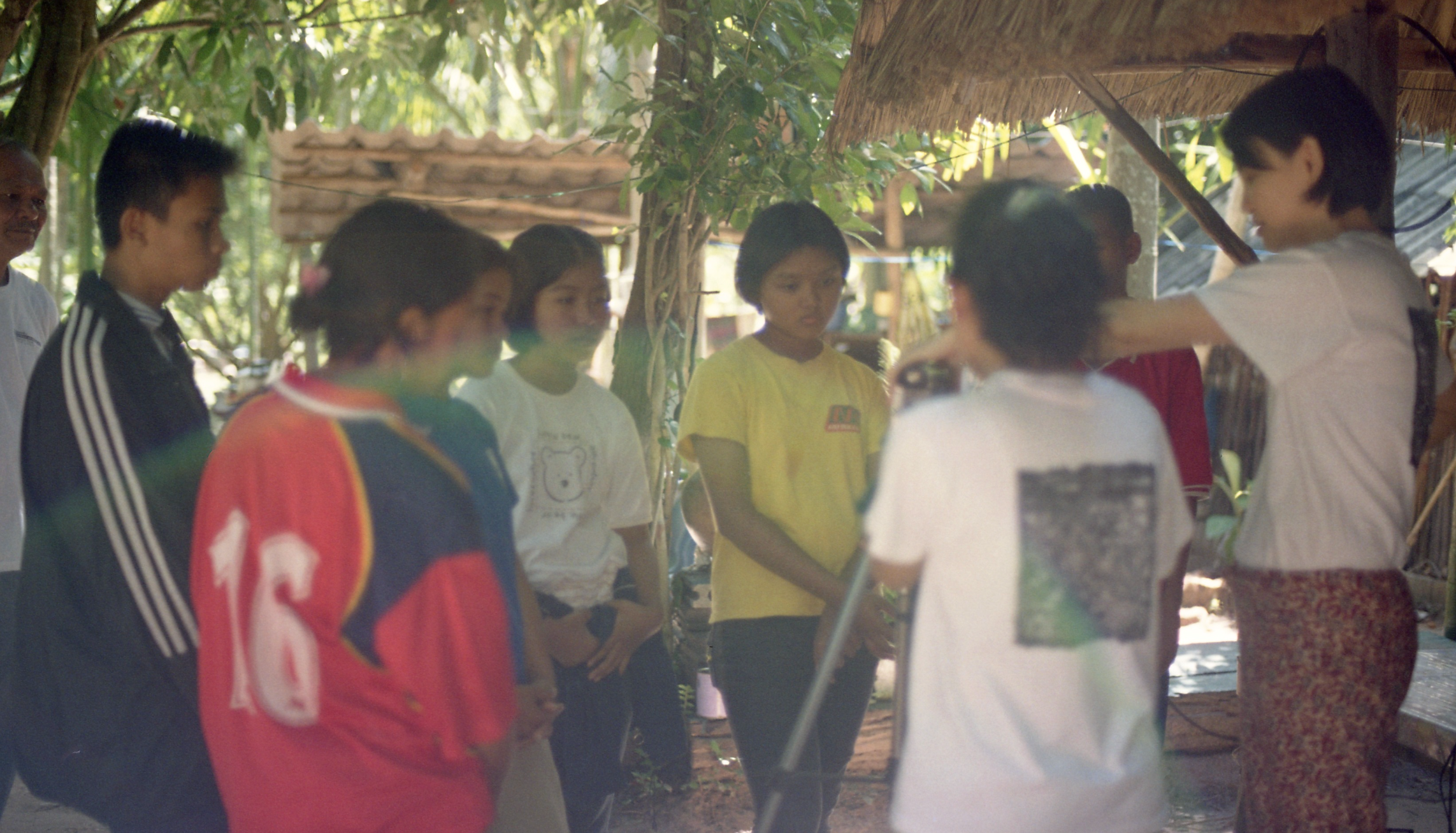

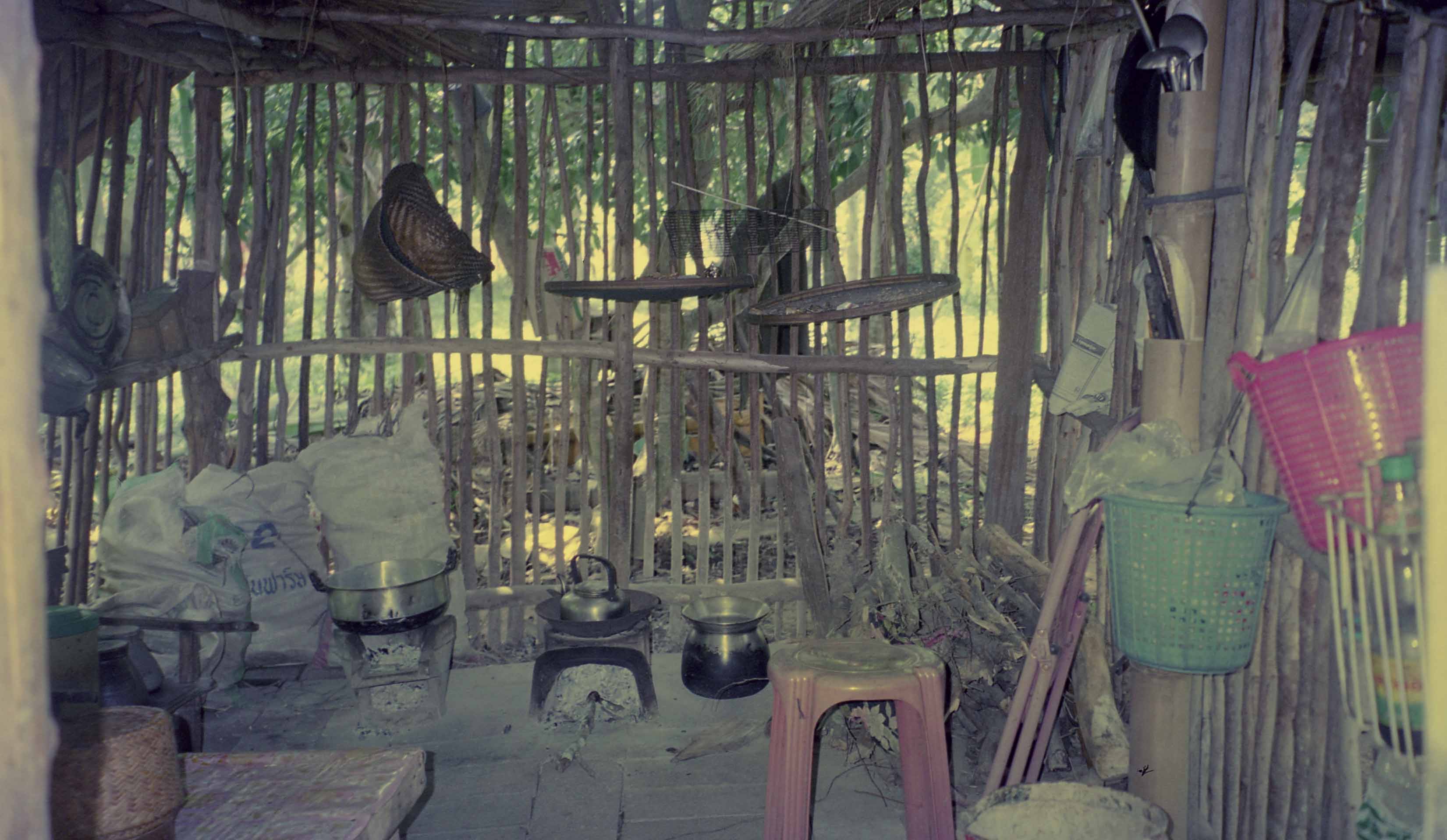
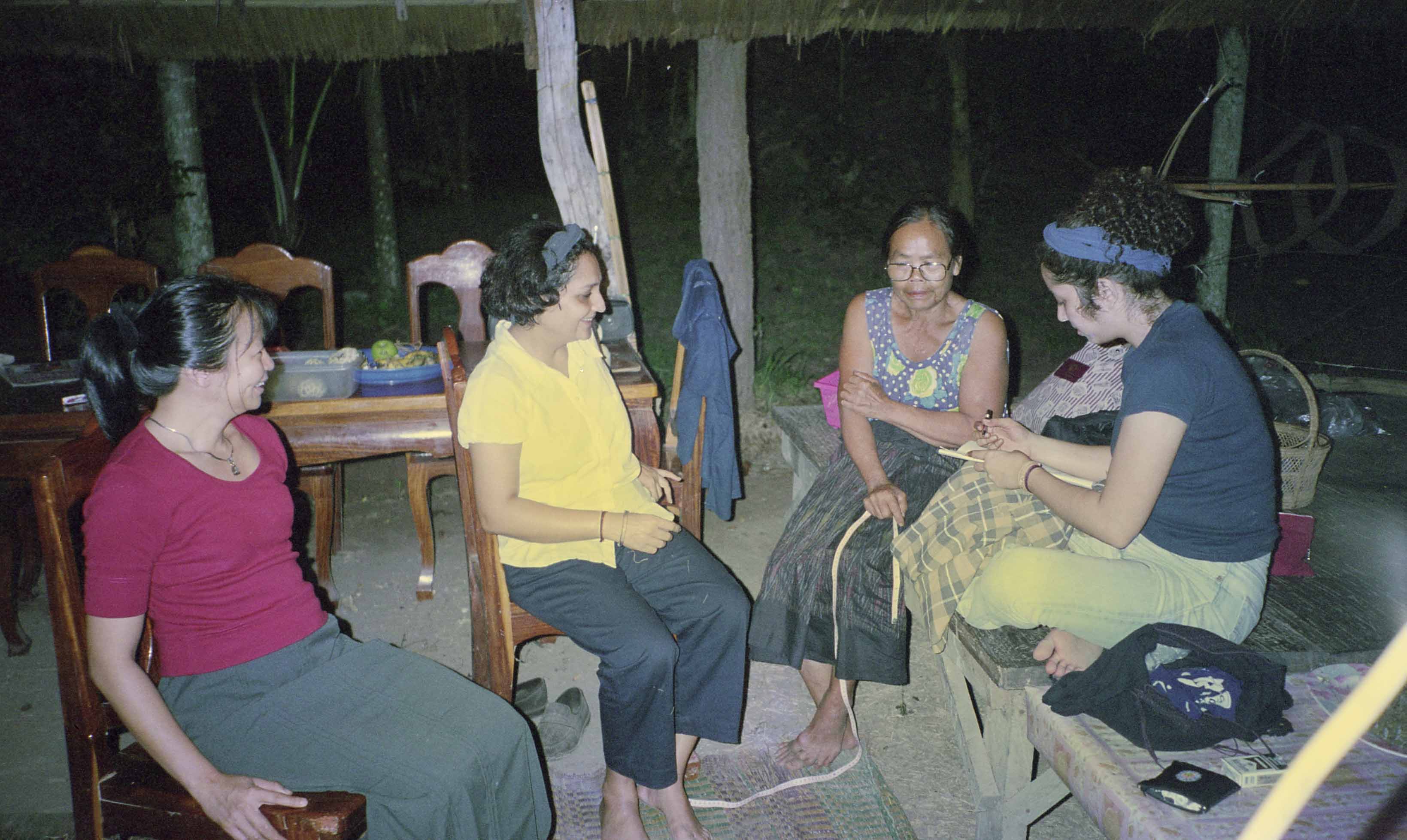
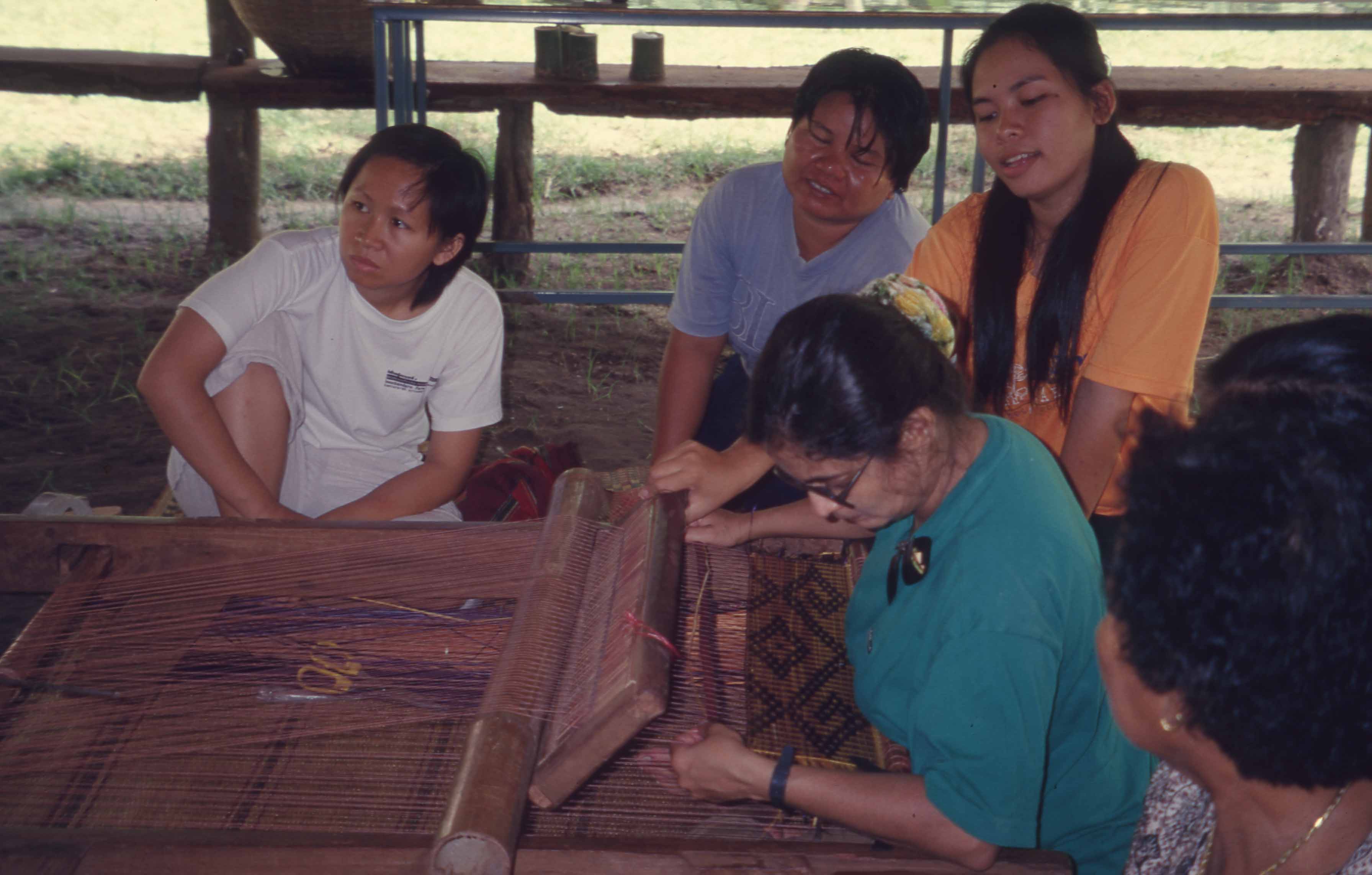
Further Reading
Womanifesto Workshop on Womanifesto.com https://www.womanifesto.com/events/womanifesto-workshop-2001/
Archival Materials from the Womanifesto Workshop on Asia Art Archive https://aaa.org.hk/en/collections/event-database/womanifesto-workshop-2001-2544
Womanifesto Workshop Full Catalogue on the Asia Art Archive (pdf) https://cdn.aaa.org.hk/_source/wmft-3-1866-pdf.pdf
Varsha Nair, Womanifesto: A Biennial Exchange in Thailand https://muse.jhu.edu/article/721050
Womanifesto Workshop 2001 from Womanifesto on Vimeo.
Related pages
Share a Reflection
log in to share a reflection.
